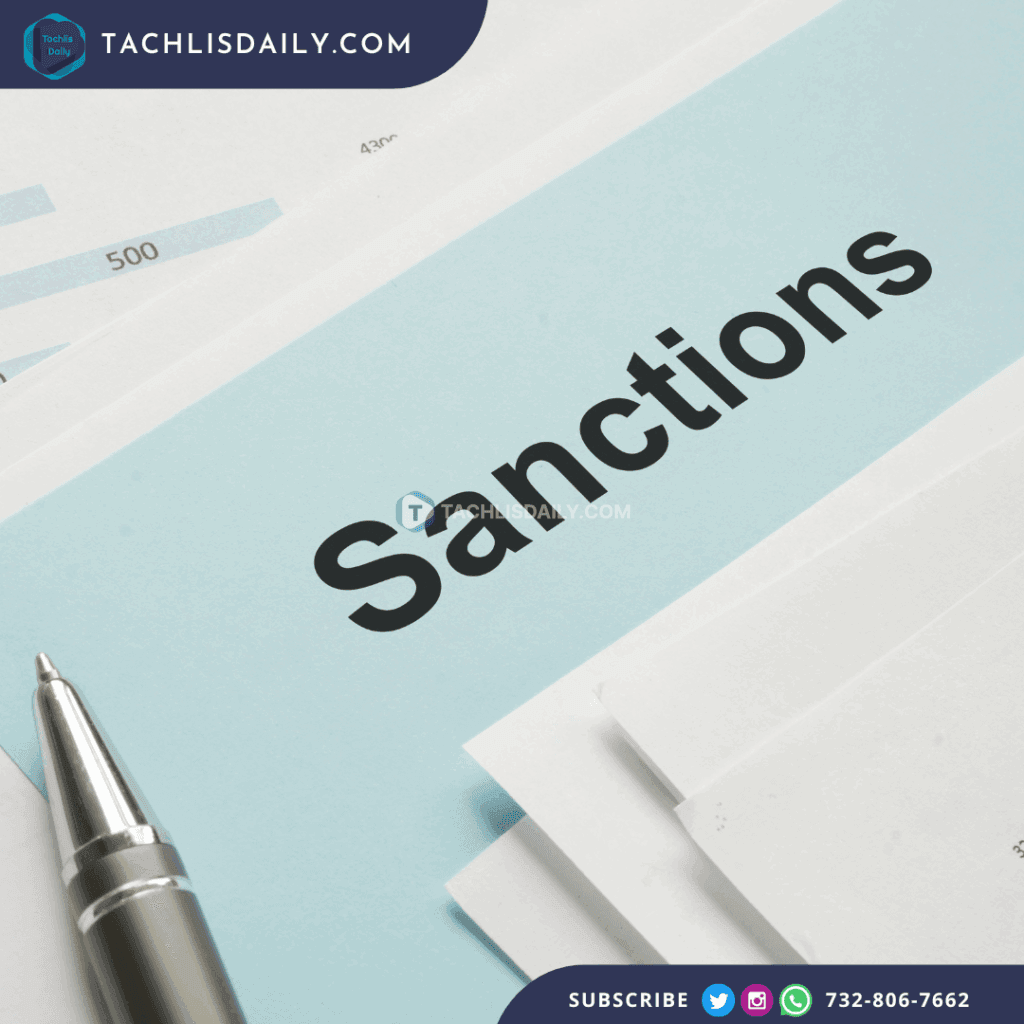President Donald Trump signed an executive order officially ending decades-long sanctions on Syria, signaling a new era of diplomatic engagement with the war-torn nation. The move comes just months after the collapse of Bashar al-Assad’s regime and the emergence of a transitional government under new Syrian President Ahmed al-Sharaa.
The executive order, announced Monday afternoon, lifts most sanctions against Syria but maintains penalties on Assad, his inner circle, human rights violators, and entities linked to terrorism, drug trafficking, and chemical weapons. It also preserves restrictions on ISIS affiliates and Iranian proxy networks.
“The order will remove sanctions on Syria while maintaining sanctions on the former president, Assad, his associates, human rights abusers, drug traffickers, persons linked to chemical weapons activities, ISIS and their affiliates, and Iranian proxies,” said White House press secretary Karoline Leavitt.
The decision follows President Trump’s pledge during his May visit to the Middle East to fully lift sanctions and reengage with Syria’s new leadership. There, Trump met with President al-Sharaa, whose coalition of opposition forces brought an end to Syria’s 13-year civil war after seizing Damascus in December. The conflict had devastated infrastructure, crippled the economy, and displaced millions.
U.S. sanctions on Syria date back to 1979, when the country was labeled a state sponsor of terrorism. Over the years, additional sanctions were imposed in response to human rights abuses, support for extremist groups, and alleged development of weapons of mass destruction. The 2003 Syria Accountability Act notably targeted Syria’s military presence in Lebanon and its support for groups like Hezbollah and armed factions in Iraq.
Treasury Secretary Scott Bessent, who issued formal guidance in May easing restrictions on Syrian banks, airlines, and infrastructure projects, said the current measures are designed to promote stability and encourage foreign investment.
“As President Trump promised, the Treasury Department and the State Department are implementing authorizations to encourage new investment into Syria,” Bessent stated. “Syria must also continue to work towards becoming a stable country that is at peace, and today’s actions will hopefully put the country on a path to a bright, prosperous, and stable future.”
Relief from sanctions has been a top priority for the transitional Syrian government. Officials argue that the sanctions have severely hindered the country’s ability to pay civil servants, rebuild healthcare systems, and restore cities ravaged by war. During recent IMF and World Bank meetings in Washington, Syrian Central Bank Governor Abdelkadir Husrieh highlighted the economic burden of the sanctions and appealed for international support.
The easing of sanctions is also expected to ease regional tensions. Turkey and Saudi Arabia, both longtime U.S. allies, have already begun normalizing relations with the new Syrian administration. Saudi Arabia, in particular, has offered to help repay some of Syria’s national debt, an action previously prohibited under existing sanctions. Analysts see this as an opportunity for the Saudis to pivot Syria away from Iranian influence and draw it into a more Western-aligned orbit.












